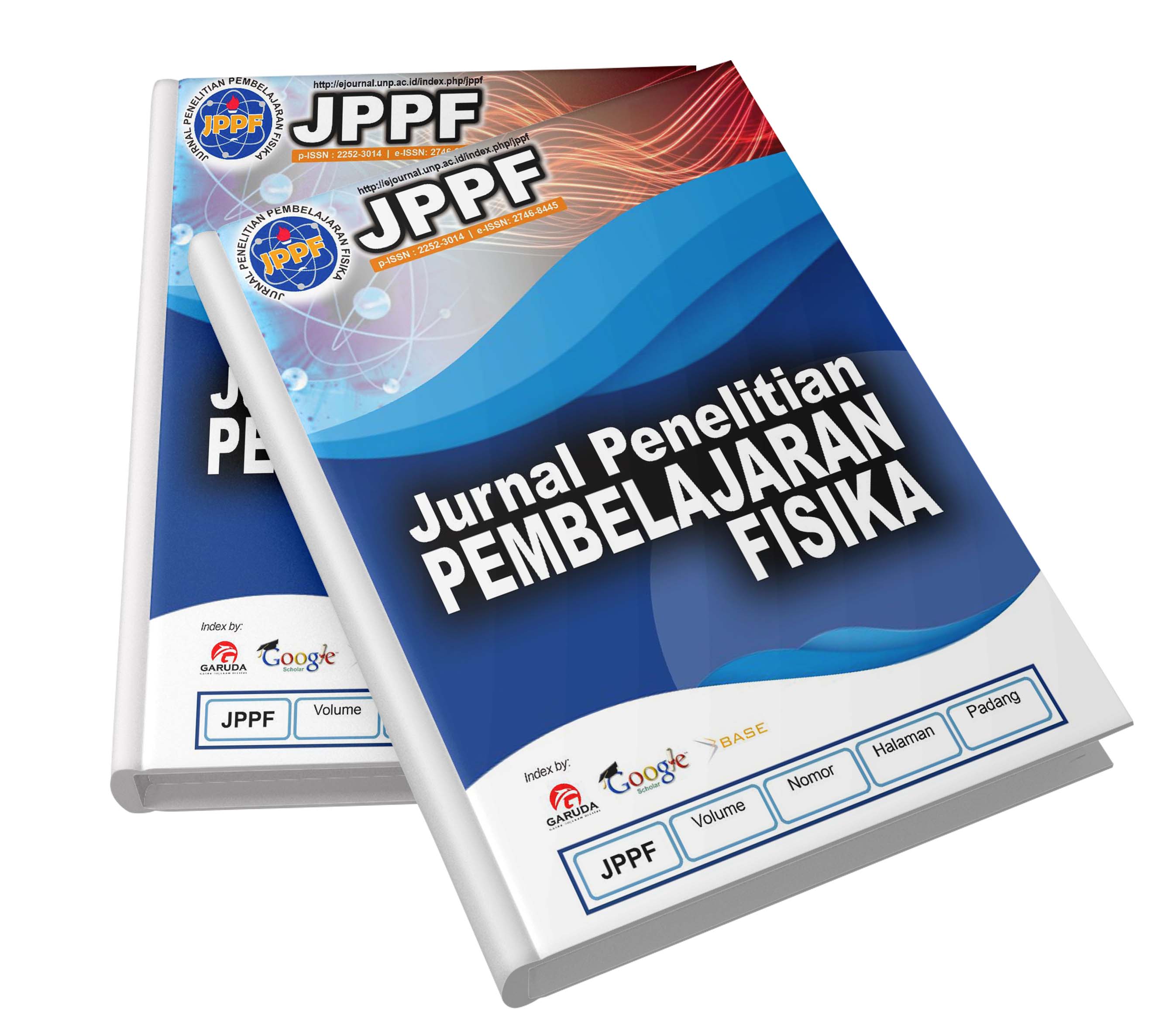Abstract
This study aims to see the level of validity and practicality of the development e-modulses using the guided inquiry model. Research conducted using meta-analysis reasearch. Data collection techniques are carried out by searching journals, theses, scemes, scientific articles related to e-modules and guided inquiry models through the internet. The sample used was 10 data related to the development of e-modules using the guided inquiry model. The results of this meta-analysis study found that the level of validity for the development of e-modules using the guided inquiry model in all four aspects of validity was valid with an average validy on the content aspect was 0,85 with a valid category, presenting 0,84 valid categories, language 0,83 valid categories, grafic 0,71 valid caategories. The level of practicality of educators in the development of e-modules using guided inquiry models obtained an average of 0,44 in the medium category, while the practicality of learners on average results was 0,67 with a high category. The development of guided inquiry-based e-modules can be caategoriezed as valid and practical, so, for the development of e-modules using the guided inquiry model in physics learning can be continued to the next stage, namely the effectiveness test



